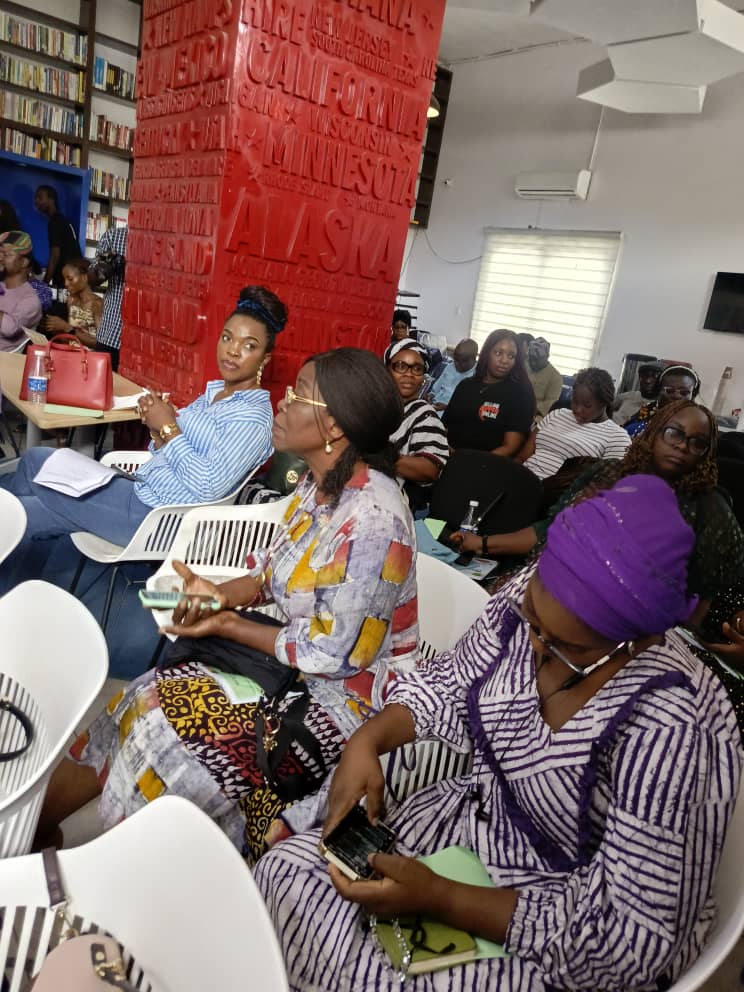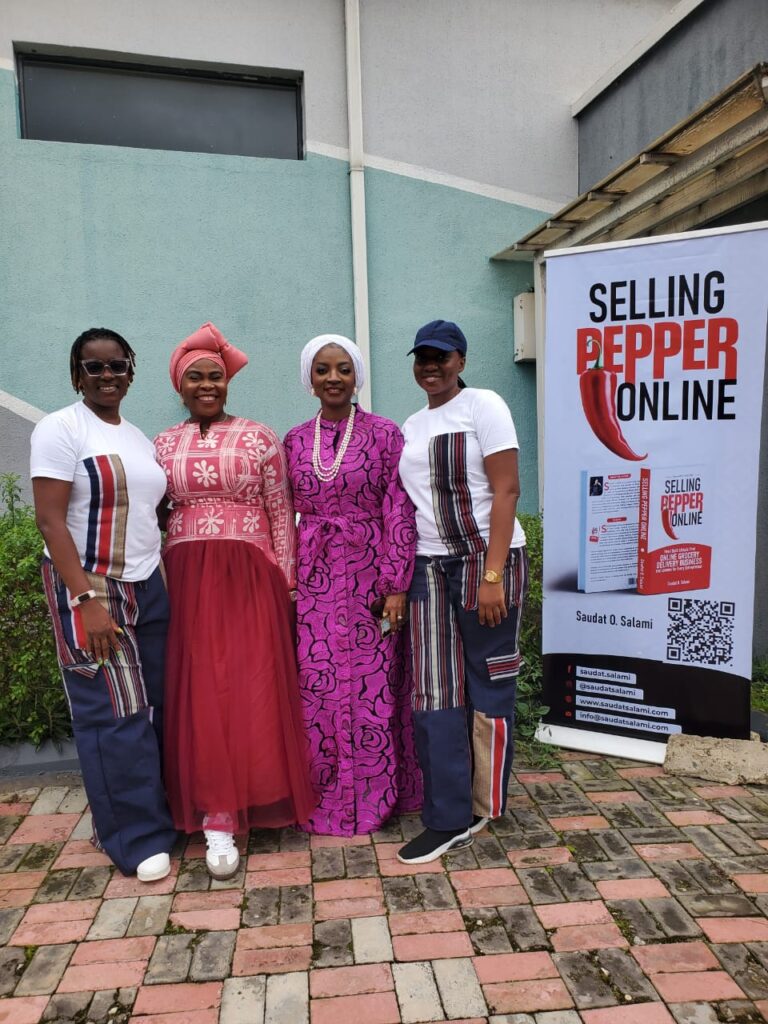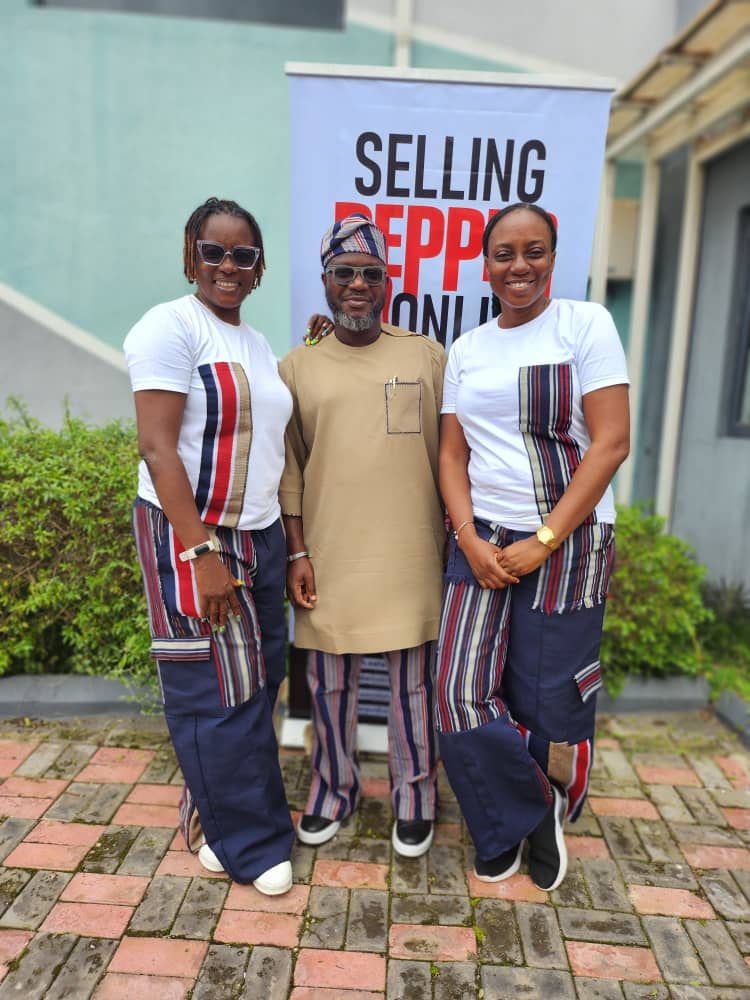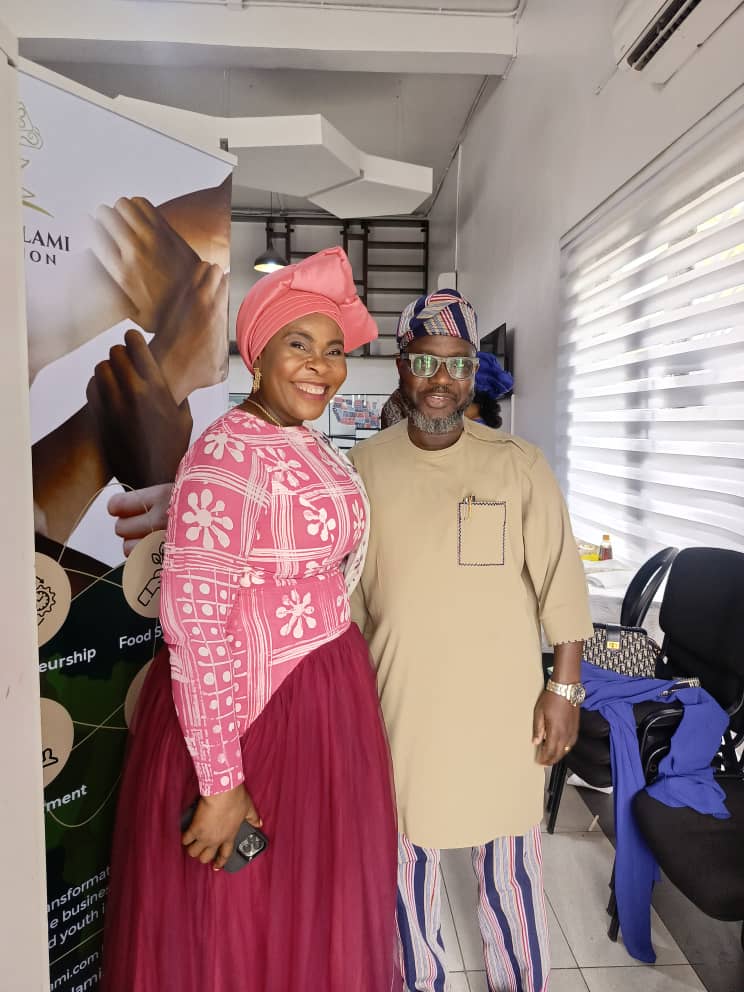Entrepreneurial pioneer unveils “Selling Pepper Online” and convenes stakeholders to shape the continent’s digital trade future.
By Damilola Abiola

Lagos witnessed a defining moment for Africa’s digital economy on Thursday as Saudat Salami, one of Nigeria’s most pioneering women in ecommerce, launched her debut book “Selling Pepper Online, How I Built Africa’s First Online Grocery Delivery Business and Lessons for Every Entrepreneur.” The event coincided with the inaugural Africa Ecommerce Summit, an annual platform curated to drive dialogue, partnerships, and policies shaping the continent’s ecommerce landscape.
Speaking at the launch, Salami said her journey was one of resilience and vision. “This book is more than my story. It is a resource for every African entrepreneur navigating uncharted terrain. I wanted to document the lessons, the hurdles, and the strategies that made building Africa’s first online grocery delivery service possible,” she noted.
The book chronicles over two decades of her experience founding and scaling Easyshop Easycook, a business she started in the early 2000s, long before ecommerce became mainstream in Nigeria—and eventually exited in 2023. It provides a candid look into customer habits, ecosystem challenges, and policies that shaped one of Africa’s first grocery ecommerce ventures.

Industry leaders described the launch as timely. “Saudat’s story is both a mirror and a blueprint. It shows us what is possible when women lead and when African entrepreneurs refuse to give up,” said a participant at the summit.
Themed “Shaping Africa’s Ecommerce Future: Strategies for Growth, Collaboration, and Inclusion,” the summit convened stakeholders from government agencies, international development partners, logistics providers, investors, and tech startups.
Two panels headlined the day’s discussions. The first, “Ecommerce Regulations, Policy Frameworks, and AfCFTA,” featured representatives from the Nigerian Customs Service, GIZ-ECOWAS, and the Lagos State Ministry of Agriculture, and explored how regulation and infrastructure could drive a borderless digital economy.




The second panel, “Grocery Delivery, Agriculture, and Accelerating Growth in the Sector,” spotlighted innovation within Africa’s agri-food ecommerce space. It examined how logistics and private-sector leadership could strengthen food systems, create jobs, and unlock SME growth.
Salami emphasized that the summit was not a side attraction but a strategic platform. “With AfCFTA changing trade flows and fintech widening digital payment access, Africa must intentionally build its ecommerce systems. This summit is about anchoring that future,” she said.
Her book, already being adopted in women-led business hubs and economic empowerment programmes, is expected to become a practical guide for entrepreneurs across the continent.
